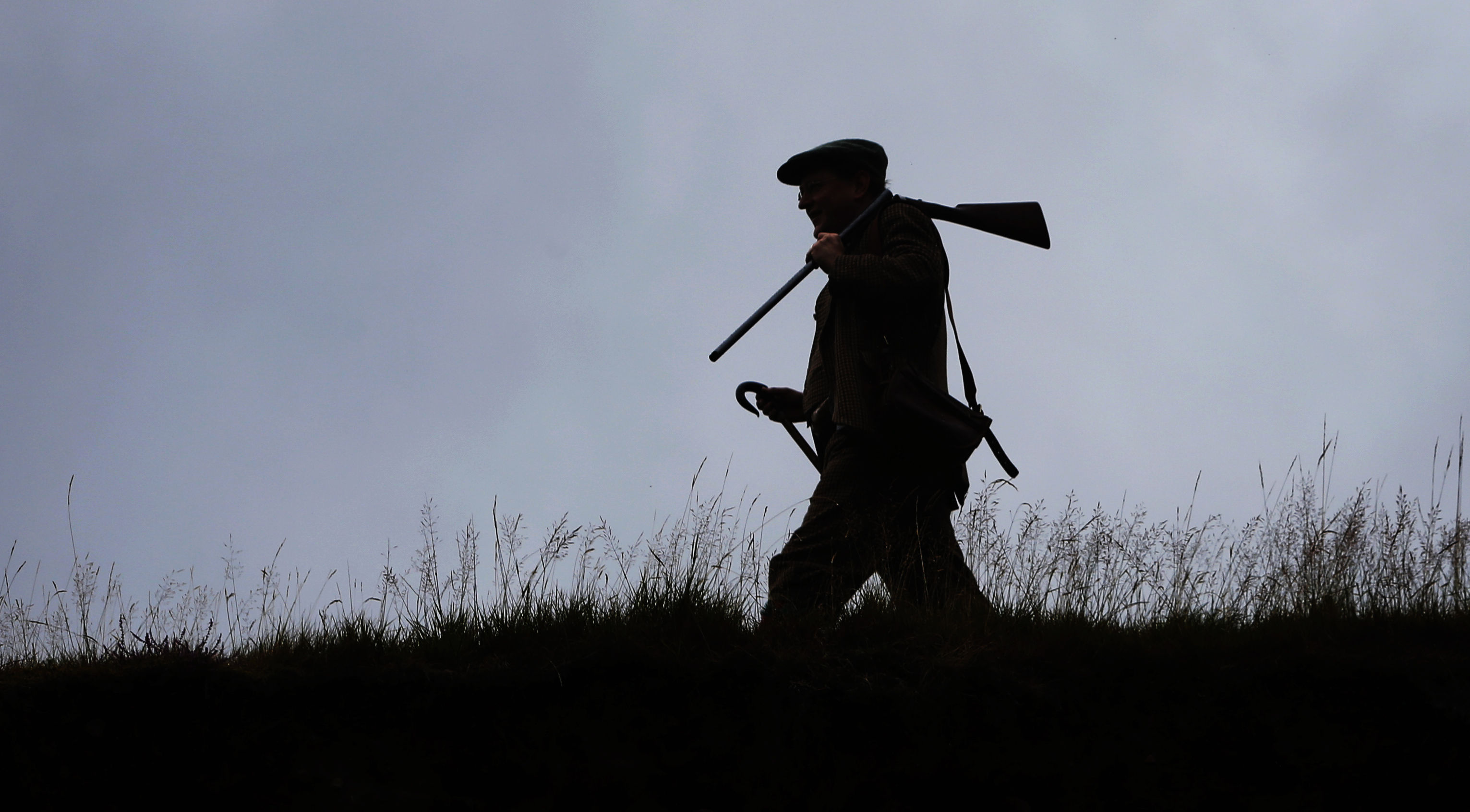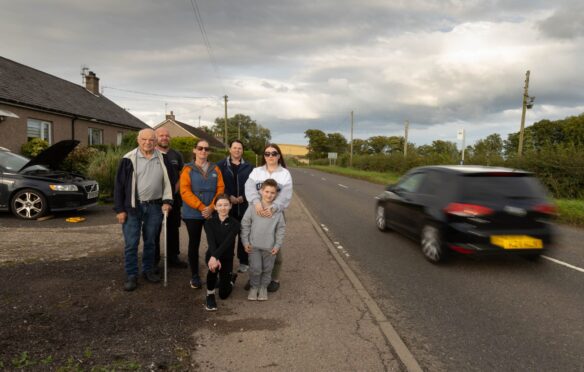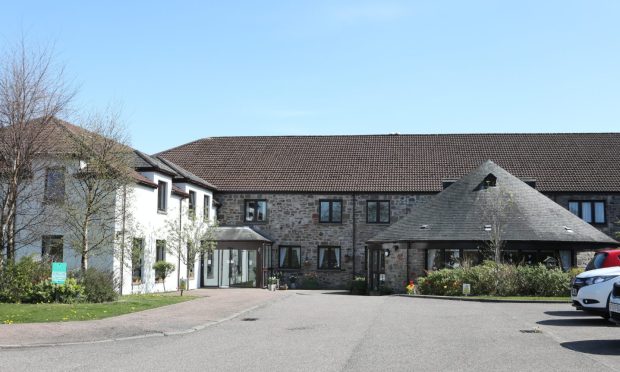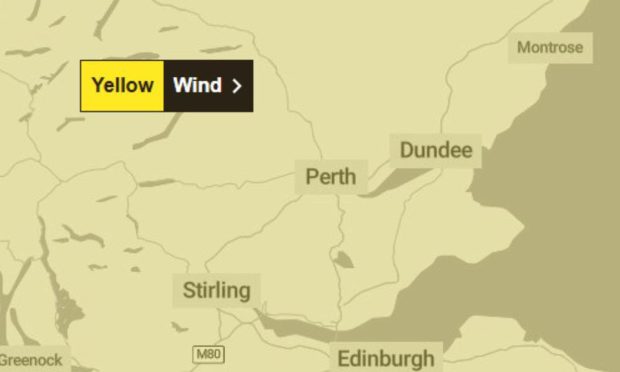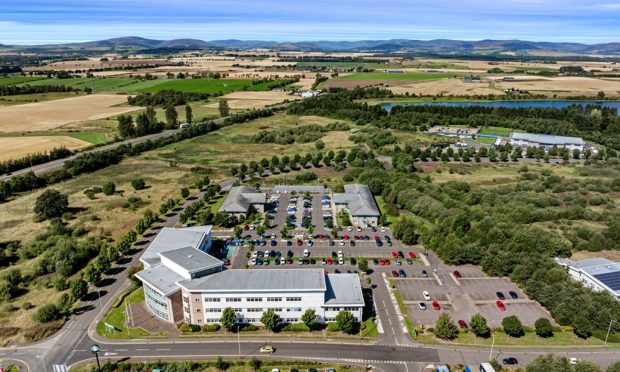A study has revealed the multi-million pound impact of grouse shooting on rural communities in Tayside.
It came as more than 350 gamekeepers, their families and traders took part in a march in Edzell on Sunday to mark the upcoming grouse season.
Of estates in Perthshire canvassed by Tayside and Central Scotland Moorland Group, three respondent holdings generated local contracts totalling almost £2 million during 2015/16.
Businesses in Angus benefited to the tune of more than £4.2 million from seven respondent estates while the Grampian region saw £3.1 million invested locally across 10 estates.
Trades and services around Loch Ness and Inverness-shire secured trade worth £6.2 million from 11 estates providing accounts.
Speyside saw local income of nearly £4 million from six polled estates and the towns and villages around the Lammermuir Hills in the Scottish Borders enjoyed over £2.7 million of business from six estates, with grouse shooting as their principal income.
The final total across all the estates who participated was £23,169 891.20, with two estates in the Tomatin area creating over £880,000 of downstream economic benefit.
That sum, which does not take into account wages paid to gamekeepers or other staff, means downstream businesses, from local garages to building firms, benefit from business worth, on average, £514,886 from each estate.
“Grouse shooting attracts criticism in some quarters but the survey tells the story of the value of country sports to smaller rural communities,” said Lianne MacLennan of Scotland’s regional moorland groups.
“The results do not show the wages that keep the gamekeepers and their families in the glen villages.
“What we wanted to understand better is how the impacts trickle down. There is not a rural community in these seven areas that could afford to lose either the number of jobs created by the grouse estates or the business people are deriving from all the work that goes on in these places.
“It is not just shooting-related businesses, either, it is everything from wine sellers to clothing companies, fencers, architects and garages.
“Those businesses are out in force today, standing shoulder to shoulder with the gamekeepers ahead of another busy season.”
Perthshire-based building company Frankerton work on moors from Morayshire to the Borders, with 75% of their businesses coming directly from grouse estates which enabled the firm to expand from two employees only 10 years ago.
“We employ nine people now and six of those are working full-time for estates, with the others working on other construction contracts such as wind farms,” said Frankerton’s Bryan Paterson.
“We, too, use local hotels and businesses when we are working. That is when you see how far into communities the work generated, goes.”
Over the studied period, there was significant investment made in buildings, public path repairs and renewable energy projects as well as core grouse moor management.
The 18-week season is due to start on Saturday.
Known as the Glorious Twelfth, animal rights campaigners have condemned the annual event as a “ridiculous tradition”.
The League Against Cruel Sports director Robbie Marsland, said: “The annual celebration of the start of the grouse shooting season is a ridiculous tradition which has long had its day.
“The Glorious Twelfth is a poor attempt to justify a blood sport which is responsible for the mass killing of wildlife on an industrial scale as well as irreversible damage to the environment.”
